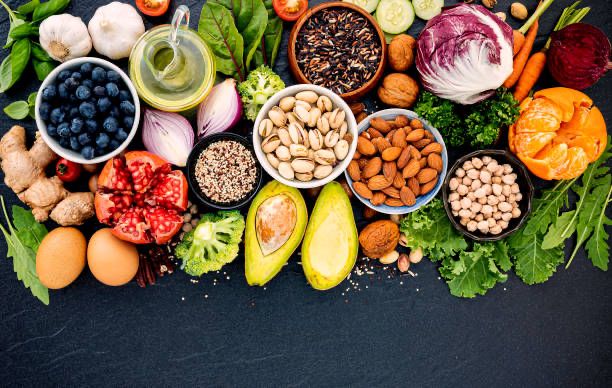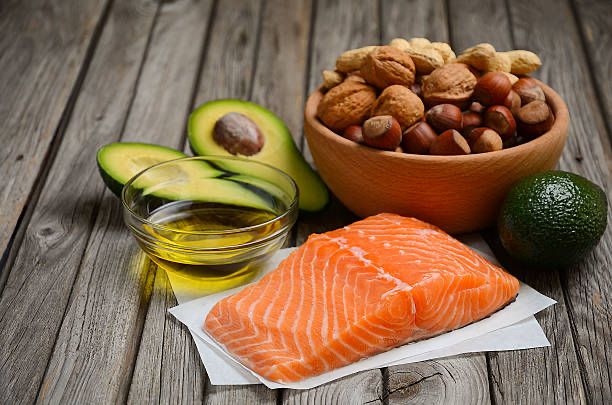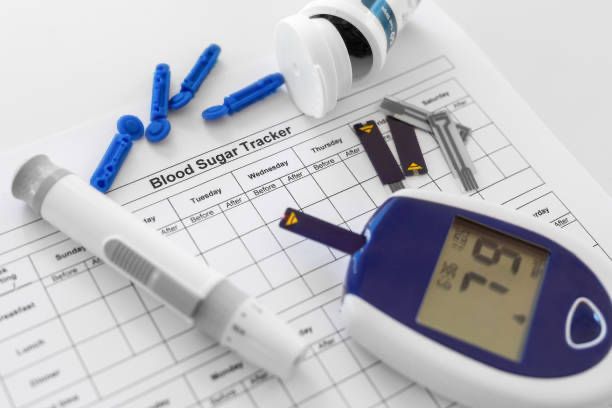If you are a sufferer of hyperglycemia or any type of diabetes, then this is for you. It is crucial to understand what lifestyle changes you require to stay healthy and prevent any further damage to your health. Negative health implications associated with high blood sugar include kidney damage, loss of vision, heart disease etc. High blood sugar happens when there’s too much sugar in the blood and not enough insulin and as a result causes scary symptoms like; blurred vision, headaches, increased urination and in some cases vomiting, rapid heartbeat, confusion and coma.
How do I know if I have high blood sugar?
If you’re not sure you have a high blood sugar level, and you have witnessed any of the above symptoms; quickly go to a medical laboratory or licensed pharmacy closest to you to run a test. If the result is over 125 mg/dL, see a doctor immediately.
If you are already diagnosed with hyperglycemia, it is not a death sentence; especially if you incorporate these lifestyle changes.
5 lifestyle changes you can try out going forward.
Make water your best friend
Medical science has shown that the kidneys are the primary way the body flushes out excess sugar. By staying hydrated the kidneys work more efficiently and effectively in this process. When we are dehydrated our glucose levels can begin to rise leading to high blood sugar. Drinking plenty of water also helps to rehydrate the blood; which aids in helping maintain balance in blood sugar levels rather than rapid highs and lows.

Water is the preferred source of hydration, especially for those with diabetes, rather than turning to sugar-filled, carbonated and fizzy drinks. There are hydration options available on the market. However, you should always check to ensure they do not contain added sugars or excess carbohydrates.
Be physically more active and increase your exercise level
Exercise is an important part of blood sugar management. Getting exercise regularly strengthens your heart, allowing it to pump more blood with less effort. This decreases the pressure on the arteries and lowers blood pressure. According to medical experts, at least 150 minutes of moderate to intense exercise per week is key to blood sugar regulation.

Also incorporate at least 20 minutes of physical activities like; dancing, jogging, face-paced walking, swimming, or riding a bike into your daily routine. This can help lower blood sugar.
Increase your fibre intake
Foods high in soluble fibre are an excellent way to manage hyperglycemia by preventing or reducing glucose spikes. Soluble fibre is able to improve insulin sensitivity by being a food source for beneficial bacteria in the gut. When the gut’s microbiome is balanced these bacteria are better able to digest food and mitigate the insulin response.

This form of fibre will also slow the body’s absorption of sugar and thereby prevents spikes in blood sugar. By slowing the rate of absorption, the cells can adjust to insulin and thereby mitigating the rapid rise and fall of blood glucose. Food sources of soluble fibre include; legumes, oats, avocados, sweet potatoes, broccoli, flax seed, carrots, and apples to name just a few.
Know and consume healthy fats
A nutritious and well-balanced diet is an effective way to control diabetes. Avoid foods high in saturated and trans fats, like fried foods, and anything with high salt and sugar levels.

Also, keep an eye out for sugary beverages as we often don’t think about how much sugar is in drinks like juice, soda, alcoholic beverages, and sports drinks. Healthy fats, like salmon, nuts, and seeds, are also great ways to help regulate blood sugar levels.
Check your levels often
If you’ve been diagnosed with chronically hyperglycemia, pre-diabetes, or diabetes (whether type 1 or 2); it’s important that you regularly check your blood sugar levels and adhere to the treatment prescribed by your doctor.

In some cases, blood sugar levels cannot be regulated without the help of specific medications so taking them as prescribed is essential to preventing complications.”
Source: Heather Newgen on Eat This Not That!
